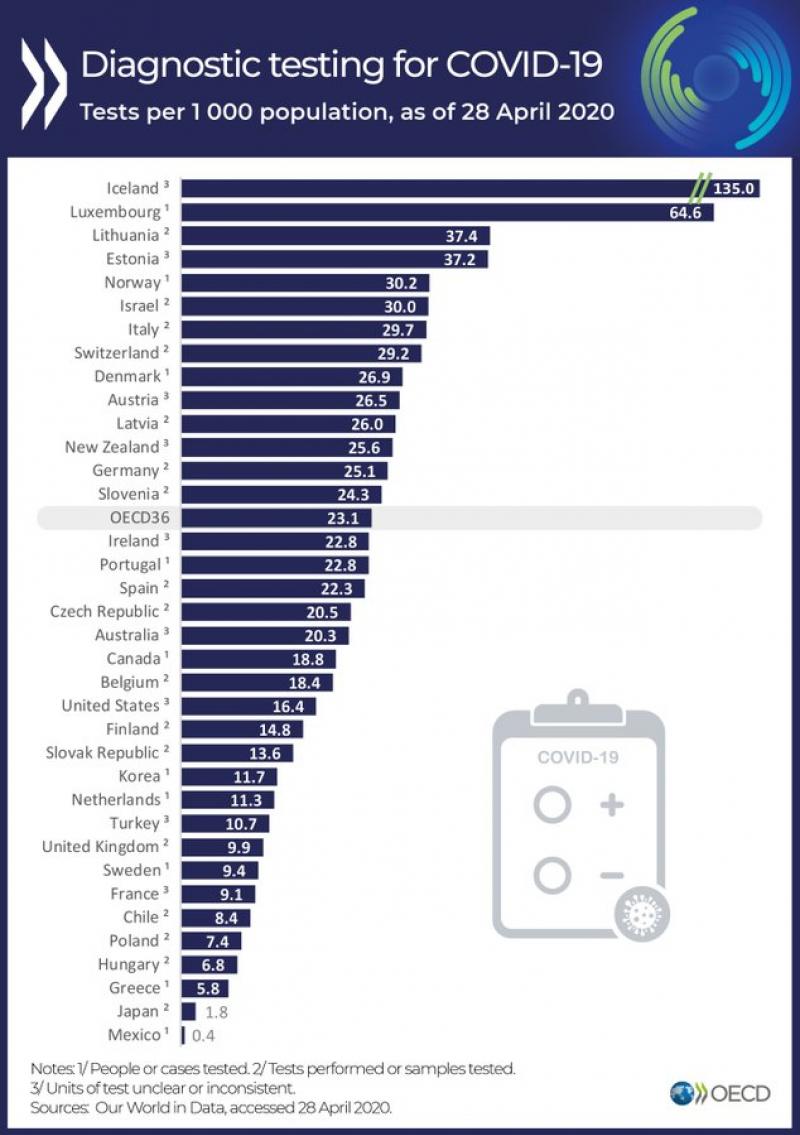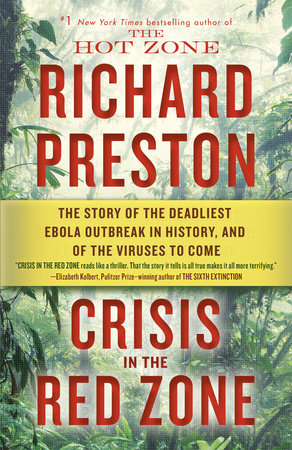Imagine a world in which a global network of medical professionals monitored for emerging strains of a contagious virus, periodically updated an established formula for vaccinating against it, and then made that information available to companies and countries around the world. Moreover, imagine if this work were done without any intellectual-property (IP) considerations, and without pharmaceutical monopolies exploiting a desperate public to maximize their profits.This is exactly what Nobel prize David Stiglitz says in his op-ed in Project Syndicate. Absolutely agree.
This may sound like a utopian fantasy, but it is actually a description of how the flu vaccine has been produced for the past 50 years. Through the World Health Organization’s Global Influenza Surveillance and Response System, experts from around the world convene twice a year to analyze and discuss the latest data on emerging flu strains, and to decide which strains should be included in each year’s vaccine.
For too long, we have bought into the myth that today’s IP regime is necessary. The proven success of GISRS and other applications of “open science” shows that it is not. With the COVID-19 death toll rising, we should question the wisdom and morality of a system that silently condemns millions of human beings to suffering and death every year.
It’s time for a new approach. Academics and policymakers have already come forward with many promising proposals for generating socially useful – rather than merely profitable – pharmaceutical innovation. There has never been a better time to start putting these ideas into practice.
Hopper










